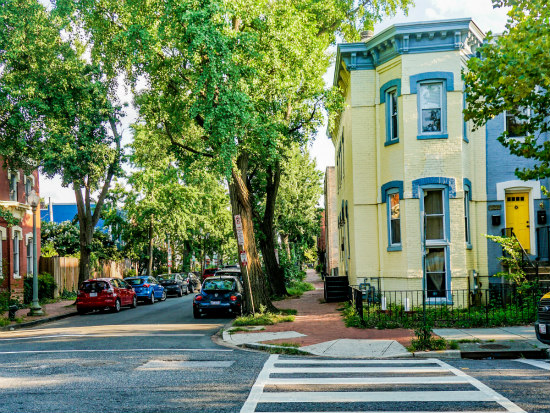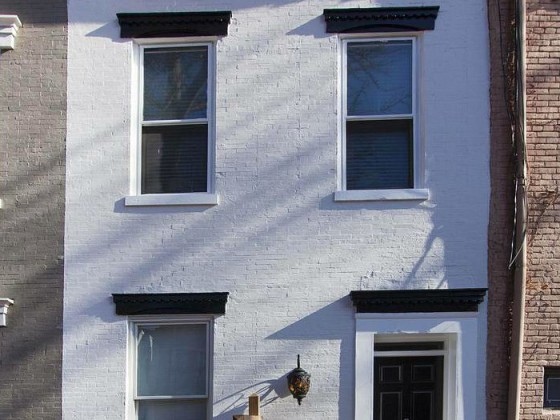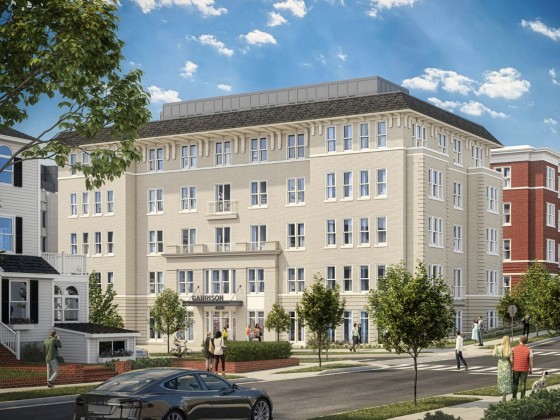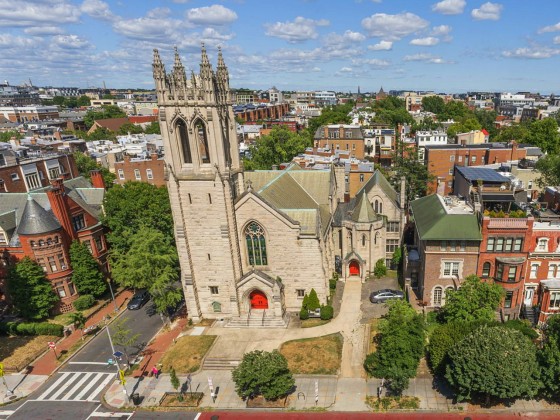What's Hot: Douglas Development Files PUD For Large Warehouse At New City Site Along New York Avenue
 How the Two Tax Bills Would Affect the Local and National Housing Markets
How the Two Tax Bills Would Affect the Local and National Housing Markets
✉️ Want to forward this article? Click here.
With two recently-released tax reform bills being bandied about in Congress, it can be hard to keep track of each bill’s provisions and how each piece of legislation could impact the housing market. In this article, UrbanTurf summarizes an in-depth analysis released by Trulia, which breaks down the possible impact of both bills on the national and local housing markets.
The bill presented by the House of Representatives would cap the mortgage interest deduction for future home purchases at $500,000, nearly double the standard deduction from $11,700 to $24,000 and cap the state and local tax deduction at $10,000. Because current mortgages would be grandfathered in, homeowners may feel discouraged from moving elsewhere because they wouldn’t be able to deduct mortgage interest on any new mortgage over $500,000. This would further exacerbate tight supply and low turnover in the housing market. Also, many homeowners with mortgages valued above $500,000 would have a greater property tax liability for taxes paid above $10,000.
If the House bill became law, Trulia concluded that 18.5 percent of existing homeowners would have higher home-related tax liabilities, with 9.2 percent having higher property taxes and 2.5 percent having less incentive to move. While buying a house would still be a better deal than renting, that margin of benefit would shrink by 8 to 13 percentage points for those looking to purchase a home in the $500,000 to $1 million range. The higher property taxes and tightened inventory will be especially pronounced in coastal markets, including DC (although metro areas in California would be hit hardest).
story continues below
loading...story continues above
The Senate bill leaves the mortgage interest deduction untouched while eliminating the state and local property tax deduction and nearly doubling the standard deduction from $11,700 to $24,000. Trulia found that the Senate bill would lead to higher property tax liabilities post-taxes for all homeowners, although the plan is less likely to worsen existing inventory shortages because people wouldn’t necessarily be disincentivized to move. Making a home purchase would still be a better deal than renting, Trulia found, but the margin of benefit would shrink by 7 to 15 percentage points for properties priced between $500,000 to $1 million.
In both cases, only homeowners and -buyers who are able to itemize their taxes above $24,000 would still enjoy deduction of mortgage interest. Nationwide, the DC area market has the tenth highest share of property owners with mortgages above $500,000, totaling 9.7 percent of residential properties.
“Despite the minimal headwinds the House proposal would bring, we think the Senate proposal might have fewer unintended consequences on housing inventory, which has been the thorn in homebuyers’ sides over the past few years,” the report concludes. “With either plan, however, we expect the fundamentally strong economic forces of job growth and wage growth to continue to support the housing market through these changes if they are passed.”
Trulia reached the report’s conclusions by looking at the share of single-family homes and condos in the U.S. and the 100 largest housing markets with mortgages above $500,000, property taxes above $10,000, and listed at over $555,000 (which, with a 10 percent down payment, would yield a $500,000 mortgage). The Trulia rent vs. buy analysis was applied to houses at $500,000 to $1 million under the existing tax code and those proposed in the reform bills.
See other articles related to: congress, house of representatives, mortgage interest deduction, property taxes, taxes
This article originally published at https://dc.urbanturf.com/articles/blog/how_the_two_tax_bills_would_affect_the_local_and_national_housing_markets/13247.
Most Popular... This Week • Last 30 Days • Ever
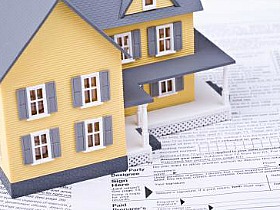
When you buy a home in the District, you will have to pay property taxes along with y... read »
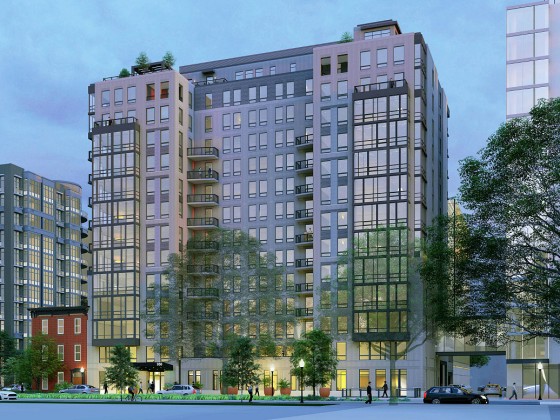
The largest condominium building in downtown DC in recent memory is currently under c... read »

The plan to convert a Dupont Circle office building into a residential development ap... read »
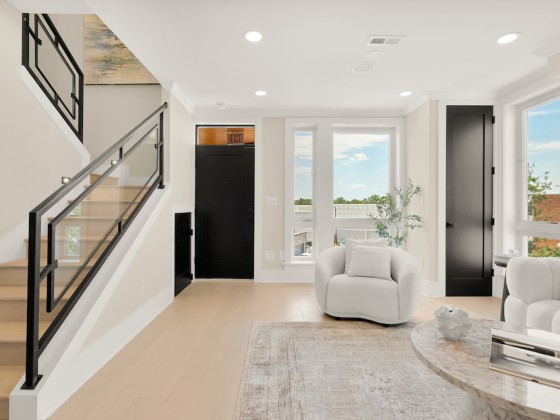
The Rivière includes just 20 homes located on the eastern banks of the Anacostia Riv... read »

Why Tyra Banks is serving ice cream in DC; a bike shop/record store opens in Adams Mo... read »
DC Real Estate Guides
Short guides to navigating the DC-area real estate market
We've collected all our helpful guides for buying, selling and renting in and around Washington, DC in one place. Start browsing below!
First-Timer Primers
Intro guides for first-time home buyers
Unique Spaces
Awesome and unusual real estate from across the DC Metro
